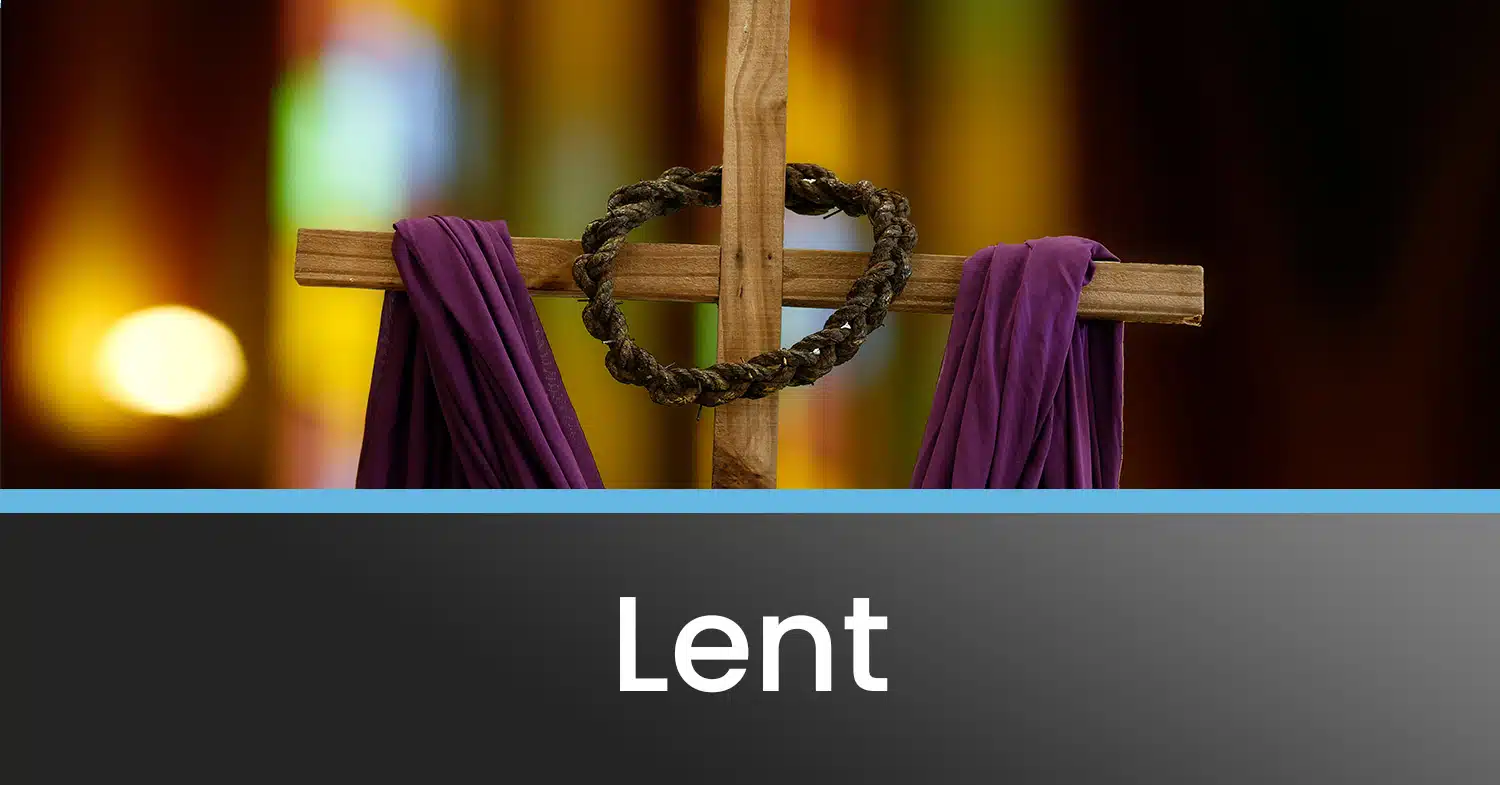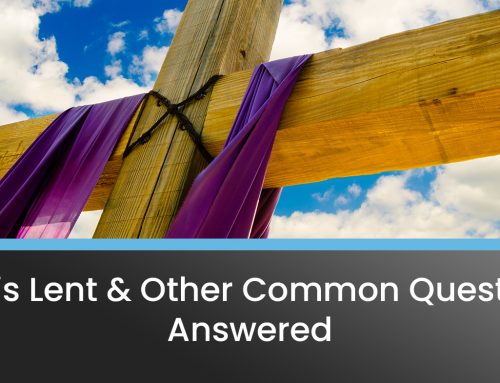Background
The earliest Christians had Jewish backgrounds, which involved the annual celebration of Passover – the remembrance of how, through the blood of a Passover lamb, God rescued His people from Egyptian slavery. The offering of the Passover lamb and the resulting deliverance was seen as a single act of redemption. In the same way, Christ’s offering of Himself and His “resurrection deliverance” were two facets of a single act of redemption. These early Christians sought to celebrate that single redemptive act, but things had changed. The Passover meal observed each springtime under the old covenant was no longer a required annual celebration, for Christ had fulfilled it and had now instituted “The Lord’s Supper.” This Passover fulfillment was celebrated more frequently, often each Sunday, the new “Lord’s Day” based on His resurrection (Acts 20:7, 1 Corinthians 16:2). Even so, each springtime at the commemoration of Christ’s redemptive act, there was still a desire to honor God in a special way.
Origin of Lent
It became customary for Christians to fast, perhaps wanting to give up something as an act of devotion to God and especially to make themselves more acutely aware of all that Christ gave up for them. This fasting was first practiced as a two-day fast, the Friday and Saturday before Resurrection Sunday. Later it was extended to six weeks or forty-two days of denying oneself something commonly enjoyed. At the same time, Sundays were not considered as fasting days but rather always as days of celebrating Christ’s resurrection; that left 36 days. In the 7th century four additional days were added, bringing the time period to forty days and beginning it on a Wednesday. This practice suggested recalling the 40-day fast of Christ before beginning His public ministry (Matthew 4:2). In this connection, the days provided a time of sober reflection on a person’s great need for Christ’s salvation, including His complete victory over all temptation on their behalf.
Ash Wednesday
Some individuals began the fasting period dressed in sackcloth and sprinkled with ashes – a penitential practice used at times in the Old Testament. Eventually, this practice was replaced by placing ashes on the foreheads of the entire congregation on the first day of the 40-day period. That is why the day became known as Ash Wednesday. And these words, which apply to all people, were spoken as the ashes were applied: “For you are dust, and to dust you shall return” (Genesis 3:19). God spoke those words to Adam after he had disobeyed, to remind him of his mortality as a created being. Some churches still offer worshipers the option of receiving ashes on their forehead, usually marked in the shape of a cross. It is a way of remembering that without the forgiveness of God, we are hopeless, but in Christ’s death for us on the cross, we have forgiveness and certain hope!
Meaning of Lent
At first, the Latin word “quadragisima” (meaning forty) was used to refer to this forty days of sober reflection and self-denial. In the middle ages, the simpler word “lent” became widely used. This word simply meant spring, deriving from Old English “lencten” (= lengthen), the time of the lengthening of days. The Anglo-Saxon name for March is lenct. It is an appropriate word because as nature’s gradual process of snow melting, temperatures rising, and days lengthening results at last in beautiful blooms, so also, we need time to honestly reflect on and deal seriously with the cold, harsh, and dark parts of our lives, that we might prepare to celebrate with renewed gusto the beautiful bloom of new life that Christ gives us in His resurrection.
Opportunity, Not Obligation
There are no right ways or wrong ways as to how one must observe the Lenten season. Indeed, a Christian need not observe it at all. It must never be looked on as an obligation but as an opportunity. Dictated rules only cause spiritual harm and confusion. Though humans are always tempted to turn even good things into mandates, observing Lent never gains us God’s favor. Rather, because we already have His favor in Christ, we can and want to devote ourselves in special ways to following His ways, out of thankfulness for all He has given us. Voluntary fasting, sobriety, meditation, and almsgiving are a few wonderful ways to do that. Greater time spent in God’s Word is another way. The early Christians designated Scripture readings for this time period which follow the events of Jesus’ path to the cross and open tomb. Many churches, ours included, use these Lenten readings and offer special midweek services to help us also focus distinctively on that path of Jesus. Jesus’ life sacrificially given for us is the love-motivated reason for observing Lent in simple ways or sacrificial ways.
Meditating On Our Savior
God’s word says, “Encourage each other every day while you have the opportunity. If you do this, none of you will be deceived by sin and become stubborn” (Hebrews 3:13).
“Rejoice always. Pray without ceasing” (1 Thessalonians 5:16-17).
“Grow in the grace and knowledge of our Lord and Savior Jesus Christ” (2 Peter 3:18).
The earliest Christians recognized the blessings of special times for meditation and reflection on Christ’s suffering, death, and resurrection. We encourage you to do the same. We warmly invite you to plan a visit and join us at Christ Lutheran Church, Montrose for one of our special Lenten services or Sunday services. God bless your honest evaluation of your life and your meditation on the beautiful love of God shown in the life-giving sacrifice of our Savior, Jesus Christ.





